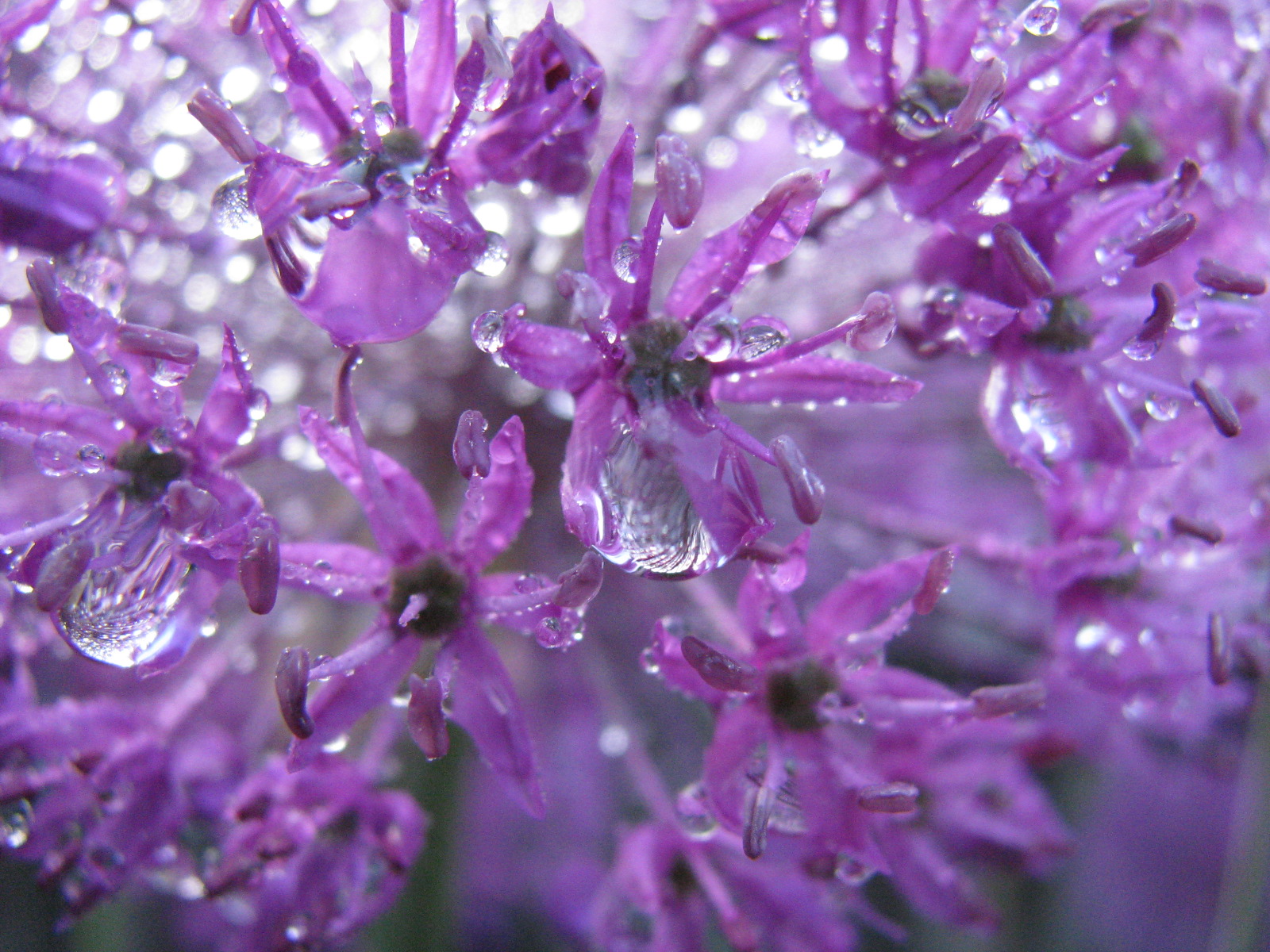I was recently tagged in a game of “blog tag” by author Nola Sarina, who writes paranormal, fantasy and science fiction. The idea is to answer a series of questions about my current work in progress, so here goes:
What is the working title of your book?
Sweet Alyssum; it is part of ‘The Eidolon Cycle‘ series.
What genre does your book fall under?
If I’m to use acknowledged literary genres, Sweet Alyssum and the series it is part of is New Adult Paranormal Fiction. However, as I’ve said before, this series is something of a genre-buster. I believe it has wider appeal as far as age is concerned, and the paranormal element, while important, is not the most important part; rather it is a backdrop for what are essentially stories about individual young women facing very human challenges and conflicts.
Give a brief synopsis of your story.
Nicky Bailey witnessed her parents kill each other when she was only seven years old. Now, eleven years later, the imaginary friends she invented to help her through her trauma have reemerged and are insisting they are real. And dead. Nicky has never believed herself to be normal, but now she thinks she’s having a complete mental breakdown. It’s only when she finds an old photograph of one of these eidolons, as they call themselves, in a history book – a man who died in the 1920s – she has no choice but to accept their story, and her own family’s history.
When the eidolons tell her that she and what’s left of her family are in danger of attack from a woman Nicky only truly remembers from her nightmares, she must decide whether to stand strong and face her deepest fears, or run. But she soon discovers that her childhood home, her mother’s last words, and an old book of fairy tales may hold the secret to her strange visions, and maybe the key to her family’s survival.
Where did the idea come from for the book?
Originally, this was to be a sequel to Amaranth. But when I began to explore the life of Nicky Bailey, who was eight years old in Amaranth, there was so much more going on that had nothing to do with Eva Hamilton (Amaranth’s protagonist). So I decided to write it as a standalone story which would incorporate elements and characters from the eidolon world, but would serve to enrich the cycle, rather than be part of the same storyline.
Part of the story is based on plans I originally had for Amaranth, but had to leave out as the book took on a life of its own, and the rest is inspired by Nicky herself. She’s a wonderful character to write, and I hope she is as lovable in her own story as she was as a small child in Amaranth.
Which actors would you choose to play your characters in a movie rendition?
Many writers build imaginary Hollywood casts from their characters, but this has never been something I’ve been very willing to do. The characters are so clear in my mind, putting someone else’s face, voice or mannerisms to them is almost impossible. I suppose I could see Nicky as a young Sandra Bullock, and Bridget, her therapist, something like a cross between Diane Weist and Julie Andrews. As for Andrew… perhaps Chris Hemsworth? Though that might have more to do with Joss Whedon’s cheeky writing for him in The Avengers than anything.
Tag!
To continue with the game, I’m tagging Sammy H.K Smith, Paige Daniels, Chelsea Ranger, Gisèle Le Chevallier and Audrey Camp. Over to you, ladies!










